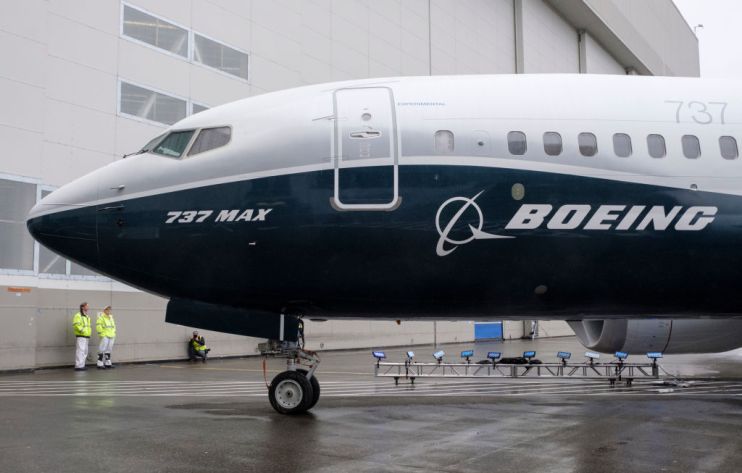Aviation sector continues to bounce back from the pandemic as new aircraft orders hit record

A combination of soaring demand for travel and supply chain delays saw a record-breaking backlog of aeroplanes on order in November, according to new aviation industry figures.
The global aircraft order backlog reached nearly 15,000 last month, a 354 per cent year-on-year increase and marking a fourth consecutive record high, according to the aerospace sector’s UK trade body, the ADS Group. It estimates the total value of aircraft on order to be worth around £234bn.
Some 2,657 aircraft orders have been placed so far this year. Single-aisle aircraft accounted for more than 2,000 of the total, while 586 wide-body orders have been placed year-to-date.
It comes as one of the busiest years of travel demand on record draws to a close. Airlines raked in enormous profits in 2023, as pent-up demand following years of Covid-19 lockdowns drove consumers abroad in droves.
Monster deals included a multi-billion order for 300 Boeing 737 Max jets from Ryanair in May. At the Dubai Airshow last month, Airbus signed a provisional deal with Turkish Airlines for 350 planes.
But the aviation sector, including the world’s largest aircraft manufacturers Boeing and Airbus, has struggled to keep up with resurgent travel demand amid shortages in the delivery of components, equipment, semiconductors and labour.
Guillaume Faury, Airbus’s chief executive, warned in May the crisis would last through to 2024 and many throughout the supply chain have pushed a full recovery back to 2025. European airline executives have said continued delivery delays will likely bump up fares for consumers.
Aimie Stone, chief economist at ADS, said: “While we see record numbers of orders placed and a slight uptick in deliveries on 2022 figures, it’s clear that buoyancy in the aerospace sectors requires a continued ramp-up at all levels of the supply chain.”
“To secure the long-term advantage of our aerospace industry, worth more than £10.9bn in value add to the UK economy in 2022, it is important that challenges to our supply chain are recognized and addressed.”